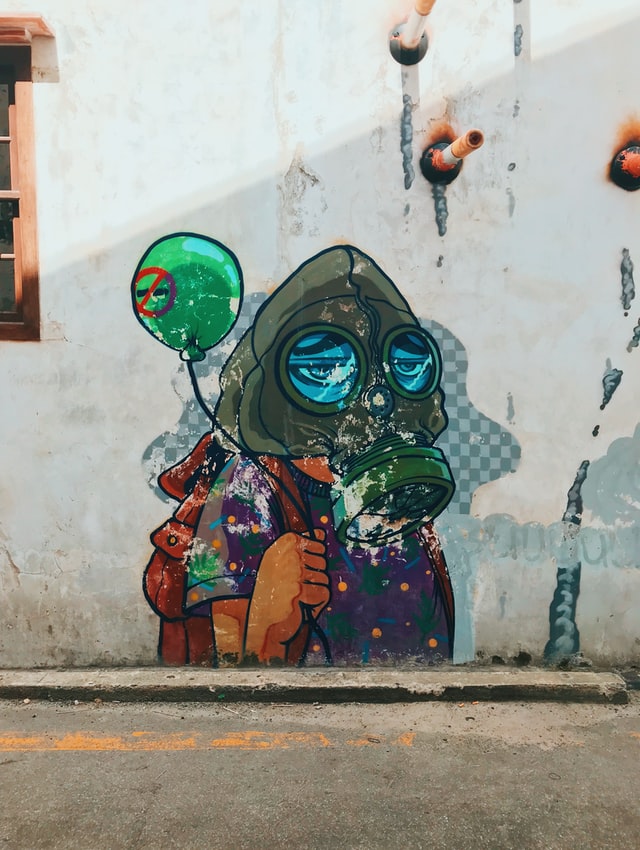How do you develop focus in a focus deprived society? The same way you assign meaning to life in a nihilistic society, by adopting a philosophy. This is not my first time fanboying Cal Newport on this platform, nor will it be the last. My last post about Cal (Link Here) focused more on how I came across his work, adopted it to the best of my abilities and how it has helped me.
This post is an attempt to bring forth some of the important messages that Cal gives and is not meant to be a substitute to his original works. He has authored 6 books, with the seventh on the way and has been blogging for over a decade. This article is heavily inspired by Cal’s interview with Rich Roll and I encourage you to give it a listen. However, this is not a mere transcript to the podcast, it is a cumulation of different ideas and philosophies that I’ve come across over the years.
This is what I’ve learned:
- The Virtue of Boredom and Solitude: A decade ago boredom was unavoidable. Now it is an emotion facing extinction. From podcasts, social media to music and games, we are always plugged in. Descending deeper into the labyrinth of algorithm recommendations. How do we reflect when we are always tired, wandering from app to app like zombies on a hunt for the next dopamine hit. Humans need boredom to relax and to reflect. Boredom is to the mind what sleep is to the body.
On the other hand, solitude has been placed on a pedestal beyond the reach of us mortals. Solitude get a bad name, mostly cause we imagine Bill Gates and his week long sabbatical in his cabin in the woods. Solitude is just a freedom from input. We need not be billionaires or own a cabin in the woods. Just standing in a cue without the distraction of our devices will do. A drive to and from the workplace without the radio or music on, even sitting in the comfort of your bed sipping a cup of coffee without any screens or audio does the trick. It works, I can vouch for it.
2. On Social Media: Cal is on an absolute abstinence mode when it comes to social media. In fact, his TED talk is titled ‘Why you should quit social media’. While talking about it with Rich Roll, he explains that how most knowledge work in today’s society is no different than endurance sport. Just as there is junk food for the body for the athlete, there is junk food for the brain of a knowledge worker and that is social media.
Originally social media was not addictive or even time consuming. People used to log in, check whats new and then return after a week or two. The original iPhone was supposed to be an iPod that could make calls. The making of calls was the killer feature. Internet was just a side dressing in the sale pitch. This was cause Jobs was a minimalist and loved music (especially Dylan).
Then the platforms were re-engineered by the third party apps with the arrival of the like buttons, the ultimate social approval in the twenty first century. The stretch down to refresh mechanism draws it working from the gambling slot machines. At the same time the red notifications exploit the vulnerabilities of our brain. The attention was monetized by making these super computers a little slot machines in our pockets.
On a side note, please don’t take the YouTube motivation cult seriously. You are not lazy or unmotivated, its the engineering.
3. Mindfulness with Tech: In his book Digital Minimalism Cal explores how the Amish people embrace technology. Contrary to popular beliefs they are not technology averse. Instead, once the Amish find a piece of tech they put it to use and analyse it objectively. They will use it for a couple of months and then ask themselves one simple question “Does it add value to our lives?” If the answer is no, the tech is not introduced in the community. They value importance over convenience.
In her last video in the series Internet Analysis YouTuber tiffanyferg talks about her screen time. She talks about how the lockdown has increased her screen time to an 8 hour average (on her phone alone). I couldn’t help but connect it to one of her podcast (Previously Gifted) where she talks about her love for books. She has always loved books but struggles really hard to find time for reading. I relate to that.
We need to be more mindful with the tech we use. After all, if something consumes day 3 hours of our day, don’t we want to reflect on the usefulness it provides us? If we are unhappy, can these 3 hours be the trigger? Will our live’s story be a collage of momentary bliss instead of being a coherent tale of a pursuit of meaningful life? We surely cannot blame tech for everything bad in our lives but a case can be made that it has become our preferred mode of escapism.
4. Digital DeCluttering: There is no good or bad tech. There is a good or bad relation with the tech though. For his book Digital Minimalism, Cal ran an experiment with his newsletter subscribers. In the experiment, people had to quit a social media account (or any other tech related stuff) for a period of 30 days. At the end of the 30 days people had to write him back about their experience. What he found was that Gen Z had an especially hard time quitting these services. One of the reason can be that they never experienced a time without tech in their entire life. Their anxiety jumps off the chart, most of them relapsing. On the other hand the older people in the experiment face the same discomfort in the beginning but later they rediscover things they liked to do before tech was introduced in their lives.
I won’t give you a list ten things you can do to increase your focus, this is no life hacks blog. The point of me writing this is that we require a philosophy for our digital lives. We need a why in our lives. If we take a step back from tech, what are going to do with the time in our hands? It takes some grit, guts and gumption to curate a life that is deep and meaningful. As Cal says, a deep life is a good life.
End-note: Although this post talks about Newport and his work, I would highly recommend the book Irresistible: The rise of addictive technology and the business of keeping us hooked by Adam Alter.












